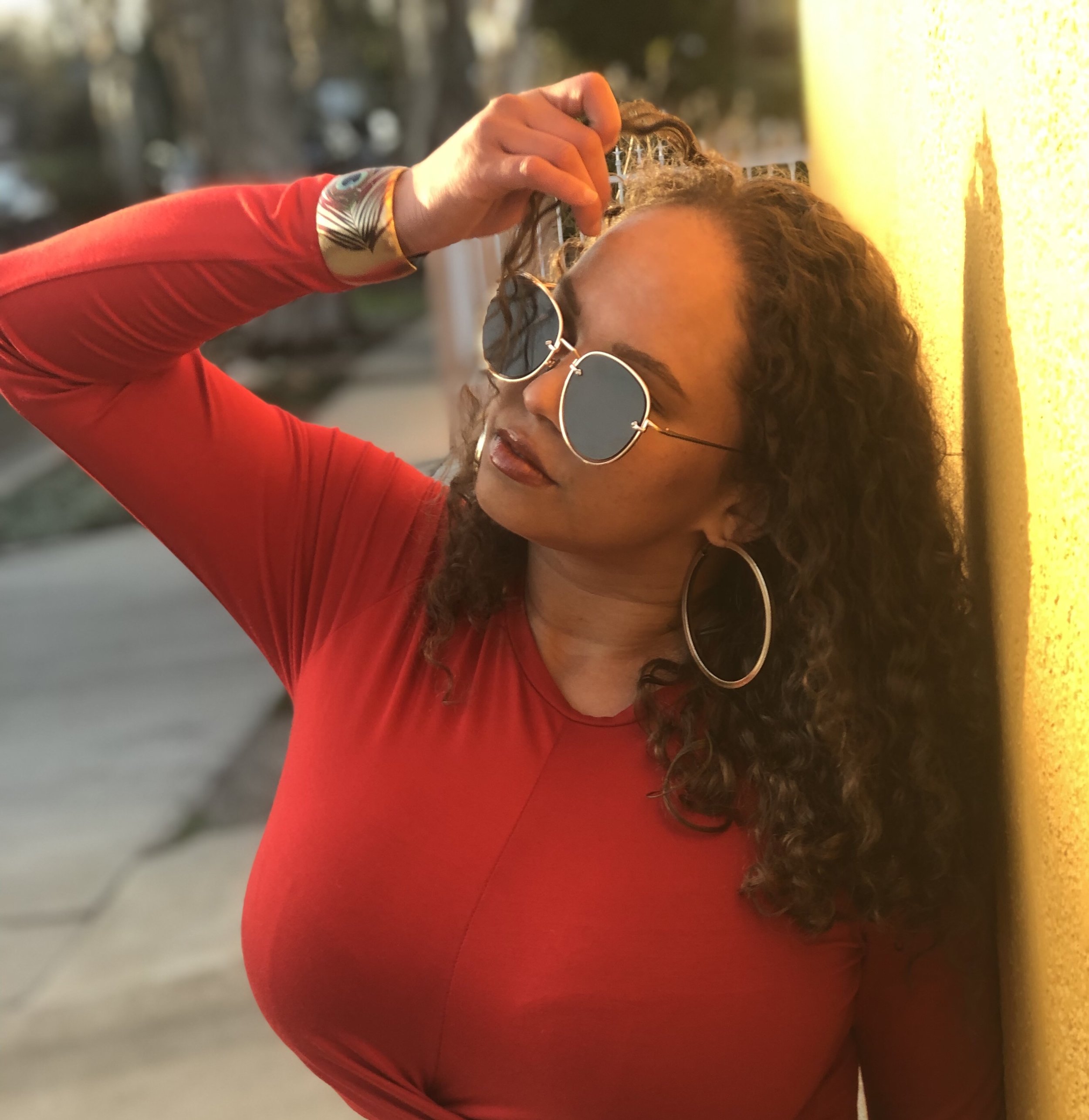Q&A: Choose Life
I’m trying something new this week. One of my readers recently reached out to me with a question. As I started to respond, I thought that there might be something in here that could help someone else.
Q: In as much as you "Do Death" for a living, you have had the opportunity to interact with the literal and figuratively dead. This is in line with a quote from Benjamin Franklin, "Some people die at 25 and aren't buried until 75." How do you comfort and/or counsel those whose world ends with the loss of a loved one?
Firstly, thank you for reaching out with such a great question! This isn’t something I’ve had to deal with as often as you might think in my daily interactions with people. My relationship with the families I’ve served over the years tends to begin with a traumatic event, and end with some form of a memorial service. I’m familiar with what comes in the months and years that follow because it’s been my personal experience.
However, what I have gleaned through my conversations with various families is that when someone loses their spouse, their health tends to decline rapidly—not just physical health. It always starts with an emotional decline, and when emotional distress isn’t addressed, it can manifest as physical illness. A lot of people use the term “dying of a broken heart” when a spouse is lost, because the other partner tends to follow them in death shortly after their passing.
When it comes to working with families that feel this way, I find that nothing is more comforting than transparency. There is a sense of camaraderie that is felt when people realize that you wear the same battle scars. Personally, I don’t believe your world ends when you lose a loved one—I believe it shifts. For a time, it may feel like your world has ended, and in a way, the one you know HAS ended, and a new world is budding in its place.
Therapy plays a huge role in confronting your feelings, and learning to cope in healthy ways so you push through times like these rather than be crushed by the weight of your grief. It’s an incredibly strenuous journey, but it can be done. Ultimately your life begins to grow AROUND the loss. You don’t ever truly get over losing a loved one, but as you continue to live, you gain new experiences, relationships and your life gets larger.
Dying at 25 and being buried at 75 isn’t an inevitable sentence, it’s a choice. That being said, I do my very best to encourage my families to choose life.
Do you have a question, or a story to share? I love hearing from you guys! You can reach me here, on Facebook, Instagram, and Twitter @idodeath, or by emailing askidodeath@gmail.com
Be well.






